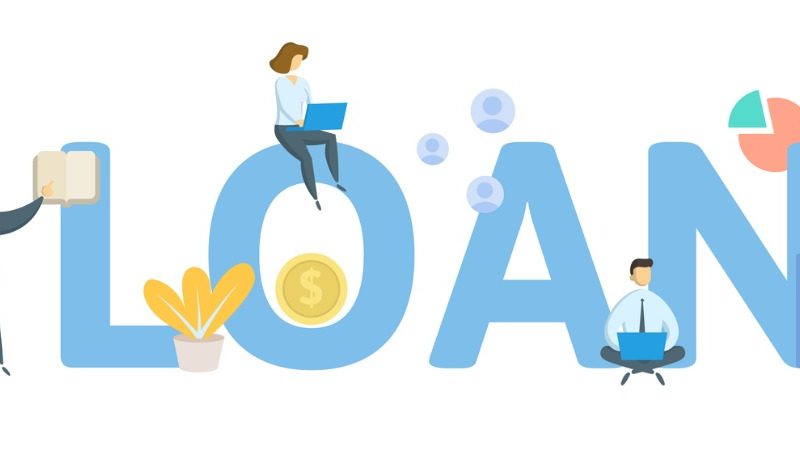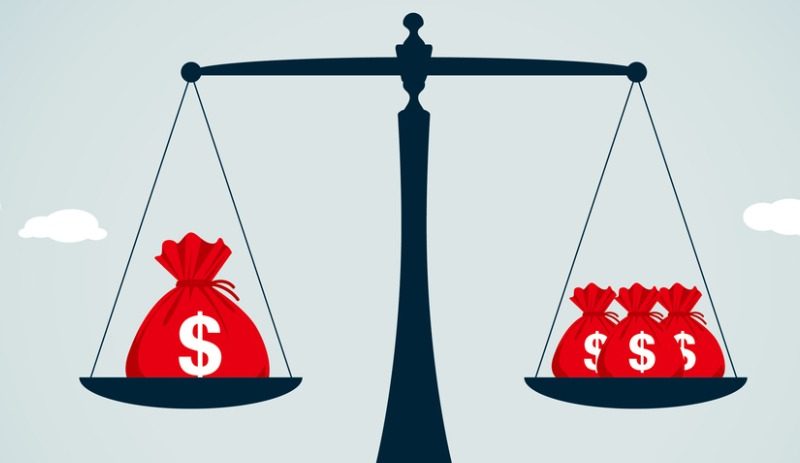Will the sun always shine on your mortgage?
Mortgages in Auckland are not small. The average one is $393,000 and a quarter of them are at least $500,000. When you owe that much money you want to know things are going to be okay: that your property values will stay up, that your interest rates will stay down.
But the truth we come to know quickly in the credit rating business is that unhappy surprises have a habit of turning up. These post-GFC times have given us some very low interest rates. It’s possible they’ll stay low for some time. But it’s one thing to be a possibility, another to be certainty. Financial prudence says you need to ask: what if interest rates start making their way up?
Let’s say you’re already paying nearly half your income on your mortgage at the current rates – and we know that many people are – what are your options then?
Bill English, in Washington last month, raised the possibility that interest rates could rise. He talked about central banks around the world taking a fresh look at interest rates, given that low rates don’t seem to be having the stimulating effect on the economy they earlier had been. He says they see the possibility of interest rates making their way back up.
But when? He couldn’t say, and in fact no-one can for certain, and that’s what can make a career in the financial markets so fascinating and lucrative. A single event can create a multitude of uncertainties. The election of a new president could take rates in one direction, these earthquakes might take them in another.
But out in the real world of mortgage payments, it comes down to something simpler: “If, or when, it comes, can we afford a rate rise?”
If your rate lifts by two percent, the monthly cost of that won’t be trivial. On a half-million dollar mortgage, the extra monthly interest cost alone will be around $800. On a million dollar mortgage, it’ll be around $1,600 a month. Two per cent might sound like a lot but bear in mind the 10-year average for interest rates sits at 6.7 per cent.
No one wants to be a merchant of doom. But in our business, we know that the more clear-eyed you are about your financial position, the more stable your position will be when bad news blows in.
If this talk about rising rates worries you, what options do you have?
In our business, we don’t just offer people a credit rating, we also try to help them improve their financial position. What we often find is that people aren’t alway as open to changing their overall circumstances as it might suit them to be.
We may tell some people, for example, that they may imagine that their job prospects are best in Auckland and they can’t realistically consider any alternative, but that actually their track to better financial health might take you along roads they hadn’t considered. Maybe that road might take them through Gisborne or Invercargill.
But if that’s really a bridge too far, we have a couple of other suggestions: Maybe avoid adding to the mortgage to fund lifestyle/house extensions/spending money right now. If a rise in rates might mean that some months or years from now you’ll struggle to pay your mortgage, leading to a default and a negative impact on your ability to borrow later in life, throttle back, for now.
At the very least we’ll tell them to be looking for a better rate. You’d be surprised how keen the other banks may be to take your call right now.
- Post Tags:
- better deal
- interest rates
- mortgages
Credit Simple
Credit Simple gives all Kiwis free access to their credit score, as well as their detailed credit report. See how your credit score compares by age, gender and community and gain valuable insights into what it all means.
All stories by: Credit Simple


